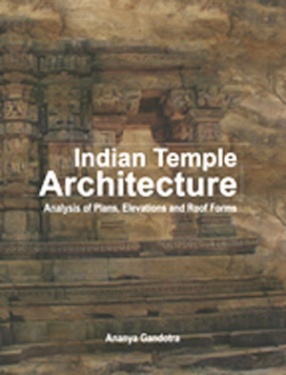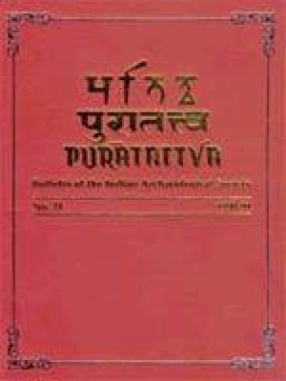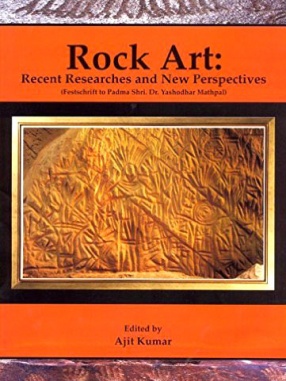The book unravels with effective use of computer technology the uniformity, great proportions and geometry that the Hindu Temple Architecture is based upon. The book also challenges and readdresses the predominant theories of temple architecture like the Vastu Purush Mandala and the Sri Yantra. It sets forth the theory that there is an evident micro level integration of dimensions and proportions which all originate from the idol, set in the womb of the structure: the Garbhagriha. The book unfolds the relationship between the ‘square’ and the ‘circle’ in a sequence which, with the help of the stellate square form with its intersecting points, the marmas, resonates throughout the temple’s space and form in conjunction with its subsidiary shrines. It also establishes with the help of SCS, a strong relationship between the prasada and the mandapa. The potent intersection of the two SCS sets the canvass for erotic iconography as evident in temples of Khajuraho. This three volume book establishes the interdependency of the temple’s elevation and its roof form to the plan and its dimensions, setting forth the need for the scholarship to address the temple structure as a whole. With the use of examples from different time and space, the book establishes that the temples underlining design principles remain the same, smallest denominator being the unit dimension of the idol, Shiva lingam or the idol pedestal. Therefore, the later date typologies were of no relevance to the sthapatis of these manifestations.
Indian Temple Architecture: Analysis of Plans Elevations and Roof Forms ( In 3 Volumes)
In stock
Free & Quick Delivery Worldwide
reviews
Bibliographic information
Title
Indian Temple Architecture: Analysis of Plans Elevations and Roof Forms ( In 3 Volumes)
Author
Edition
1st ed.
Publisher
Shubhi Publications, 2011
ISBN
8182901278
Length
502p., Figures; 25cm.
Subjects





There are no reviews yet.